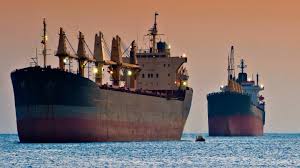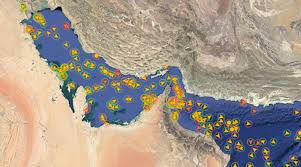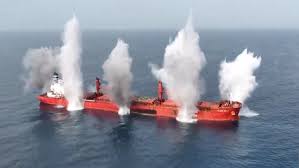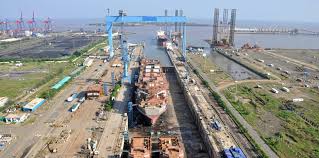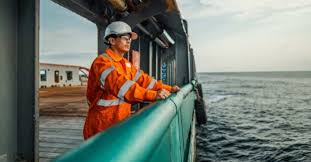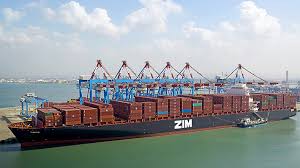Singapore’s GCMD completes its final biofuels trial with Hapag-Lloyd and BP, achieving a 27.9 percent emissions reduction. A framework for marine biofuel guidance will be released in Q4 2024.
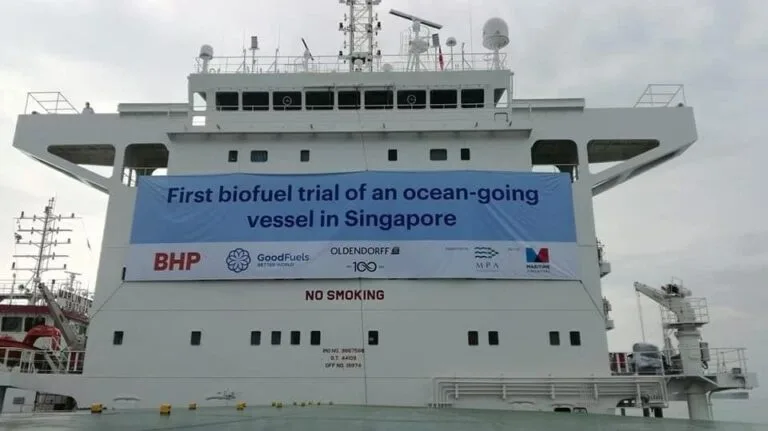
Singapore’s Global Centre for Maritime Decarbonisation (GCMD) has completed its final trial of biofuels for powering ships in collaboration with German container firm Hapag-Lloyd (HLAG.DE) and energy major BP (BP.L), the centre announced this week.
This trial marks the culmination of an $18 million project launched in 2022, involving various companies testing different biofuel blends to reduce carbon emissions from maritime transport. Biofuels are one of several alternative fuels being explored to make shipping more sustainable.
In the final trial, BP supplied 4,500 metric tons of a B30 biofuel blend, which consists of 30 percent neat fatty acid methyl esters (FAME) and 70 percent very low sulphur fuel oil (VLSFO). The fuel was provided to a container vessel operated by Hapag-Lloyd at Rotterdam Port. The use of this B30 blend resulted in a 27.9 percent reduction in emissions compared to conventional VLSFO, according to the findings from GCMD and Hapag-Lloyd.
The trial also incorporated tracing technology to verify the origin and amount of biofuel used in the blend, ensuring transparency and accuracy in the results.
Following the successful completion of these trials, GCMD plans to release a framework in the fourth quarter of this year, which will provide guidance on the use of marine biofuels. The centre is also engaged in other marine biofuel projects, including a collaboration with Japanese shipping major NYK Line.
These initiatives are part of a broader effort to decarbonize the maritime industry, which is crucial for reducing the sector’s environmental impact and meeting international climate targets.






